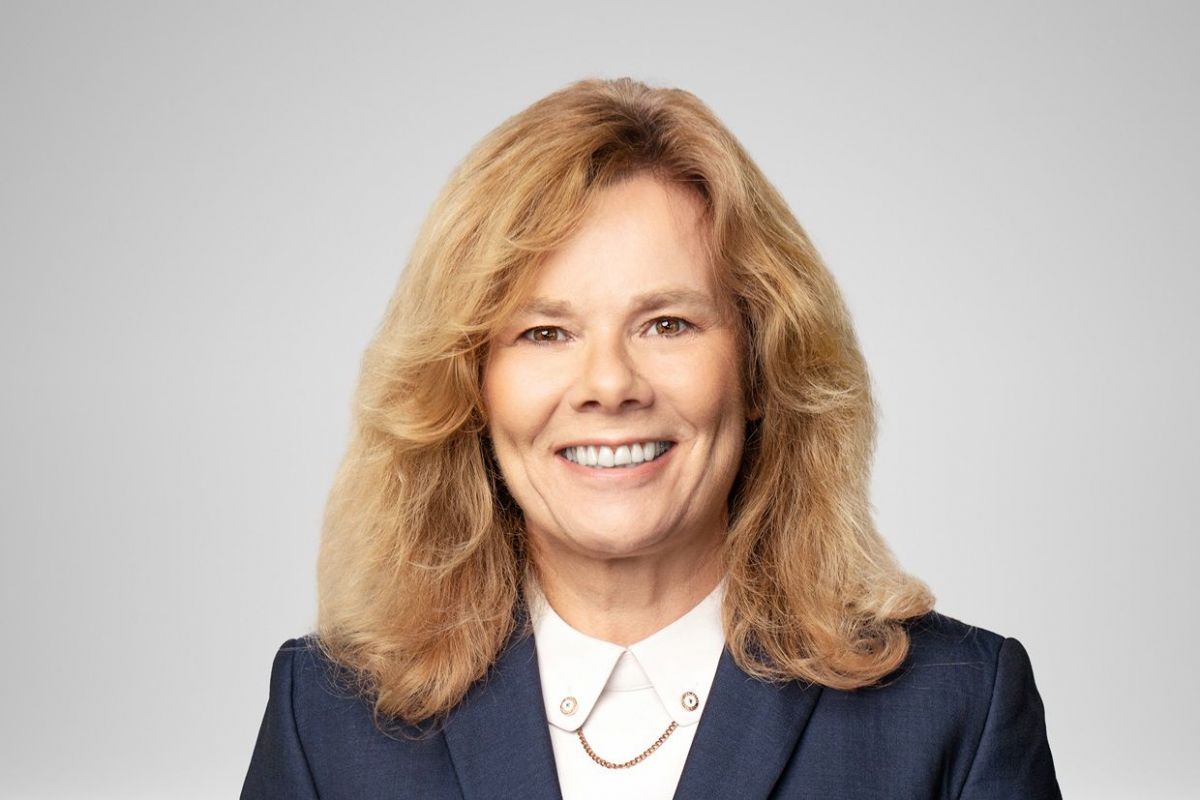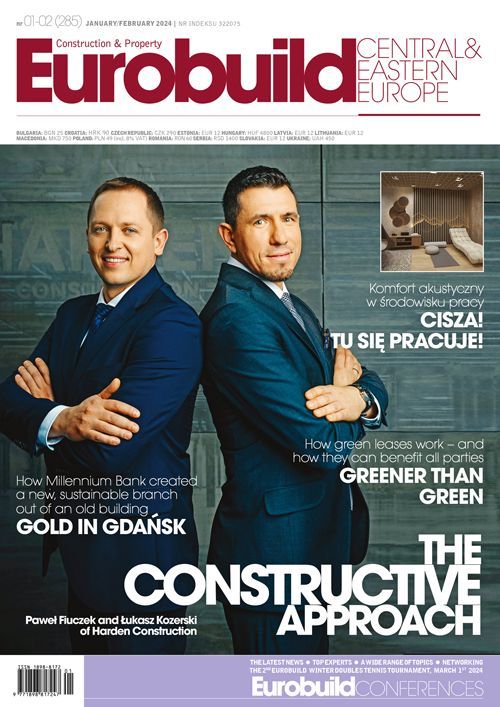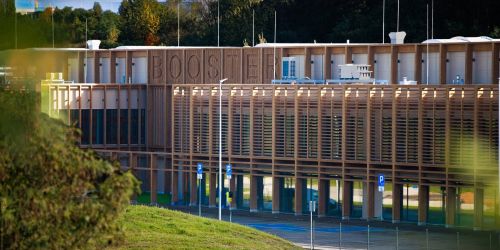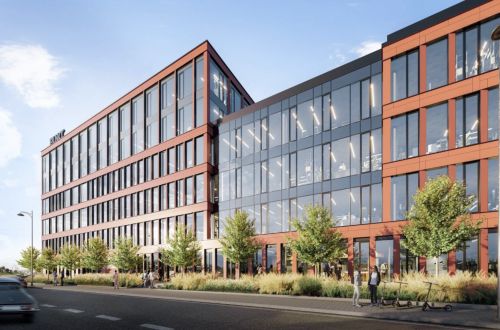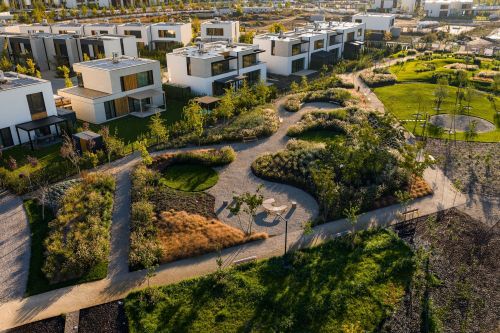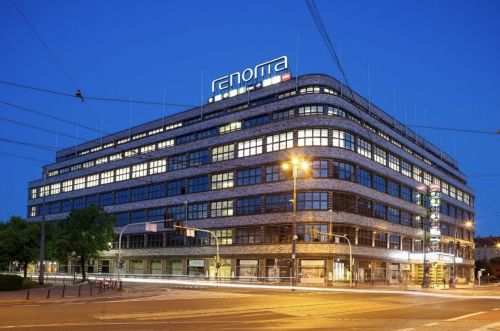Half a year ago you returned to working for one of the Big Four, this time KPMG. You were tasked with putting together a new team to provide comprehensive real estate advisory services. Was there no such team before?
Monika Dębska-Pastakia, partner associate, head of real estate advisory at KPMG in Poland: I’d say that its real estate services were dispersed across many of KPMG’s departments and so it was my job to bring them all together into one team, including valuations, transactions, M&A, market research, ESG and financing. I can say that we are now a good way down the road to completing our plan.
What was the biggest surprise for you when you were building the new team?
Probably green financing, which is now fundamental to sustainable development. There has been a lot of talk about this and many investors have been asking us about such instruments, but I can count on the fingers of one hand the banks that offer such a product. The challenges that the Poli
